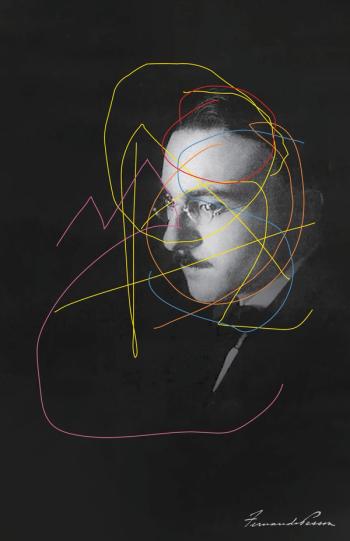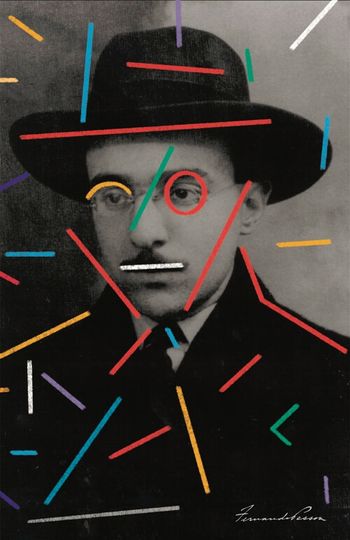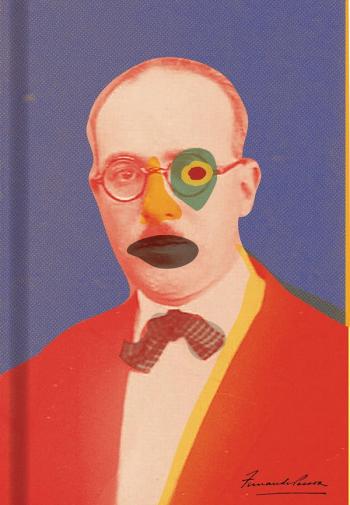Jerónimo Pizarro
Jerónimo Pizarro is Professor at the Universidad de los Andes and holds the Camões Institute Chair of Portuguese Studies in Colombia. He has a PhD in Hispanic Literatures (2008, Harvard University) and a PhD in Portuguese Linguistics (2006, Universidade de Lisboa). He contributed seven volumes to the critical edition of Fernando Pessoa’s Works, published by the INCM, the last volume being the first critical edition of the Livro do Desasocego [Book of Disquiet]. Together with Steffen Dix, he organized Portuguese Modernisms in Literature and the Visual Arts, which was published by Legenda in 2011. They also co-edited a special issue of Portuguese Studies (2008) and a book of essays, A Arca de Pessoa [Pessoa’s Trunk] (2007). Pizarro was the Editor-in-Chief of two new Ática’s series (1. Fernando Pessoa | Works; 2. Fernando Pessoa | Studies), and he contributed with more than ten volumes. Currently he is in charge of Tintada-China’s “Colecção Pessoa”. In 2013 he was the Program Director of Portugal’s visit to the International Book Fair of Bogotá and he won the Eduardo Lourenço Prize.



